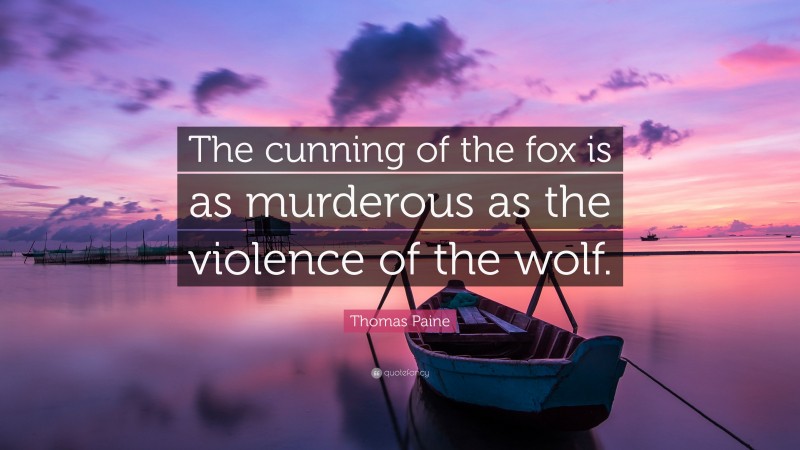


Among his best works are "Little Emperors" and "Winter Quarters." Sadly, I would NOT list "Cunning." as among his best (only 3.5 stars). He wrote in the 1950s and most of his books concern lesser known corners of history (e.g., what happened to the last Roman occupiers of Great Britain). Duggan tried to create interesting side characters that could stand in as the eyes and ears of the readers. Most of his works are not at all dry for all their accuracy. Instead, his books were real history, filled with historical characters that he would try to make real by writing about what little is known about them. His books were never the romanticized "historical fiction" that is available at every supermarket checkout in the country. He may be the best British historical novelist ever. I am a big fan of Alfred Duggan - sadly, a forgotten author in this country. His fictional works were bestselling page-turners, but thoroughly grounded in meticulous research informed by Duggan’s experience as an archaeologist and historian.ĭuggan has been favourably compared to Bernard Cornwell as well as being praised in his own right as "an extremely gifted writer who can move into an unknown period and give it life and immediacy" (New York Times). In 1935 helped excavate Constantine’s palace in Istanbul.ĭuggan came to writing fiction quite late in his life: his first novel about the First Crusade, Knight in Armour, was published in 1950, after which he published at least a book every year until his death in 1964. After Oxford, he travelled extensively through Greece and Turkey, visiting almost all the sites later mentioned in his books. Historian, archaeologist and novelist Alfred Leo Duggan wrote historical fiction and non-fiction about a wide range of subjects, in places and times as diverse as Julius Caesar’s Rome and the Medieval Europe of Thomas Becket.Īlthough he was born in Argentina, Duggan grew up in England, and was educated at Eton and Balliol College, Oxford. "There have been few historical imaginations better informed or more gifted than Alfred Duggan’s" (The New Criterion).


 0 kommentar(er)
0 kommentar(er)
